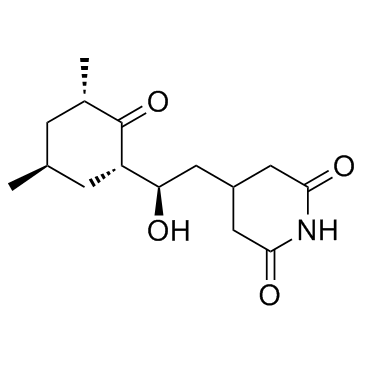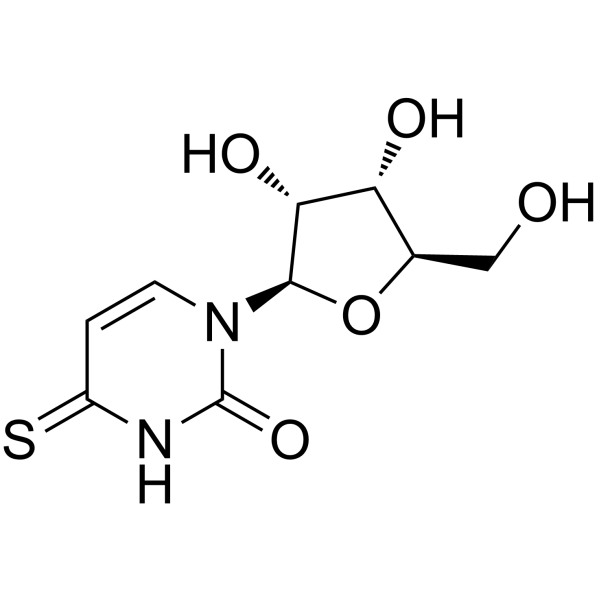| 结构式 | 名称/CAS号 | 全部文献 |
|---|---|---|
 |
放线菌酮
CAS:66-81-9 |
|
 |
4-巯基尿苷
CAS:13957-31-8 |
| 结构式 | 名称/CAS号 | 全部文献 |
|---|---|---|
 |
放线菌酮
CAS:66-81-9 |
|
 |
4-巯基尿苷
CAS:13957-31-8 |